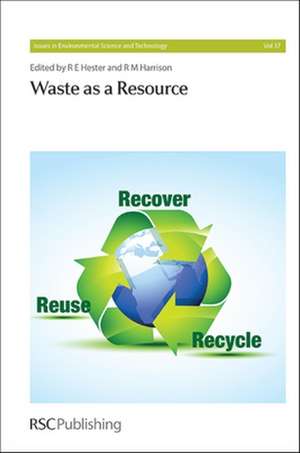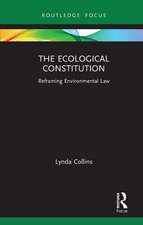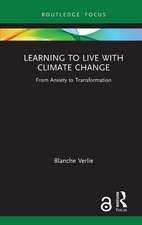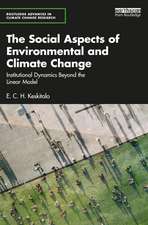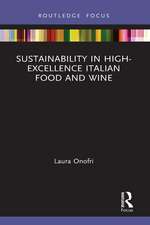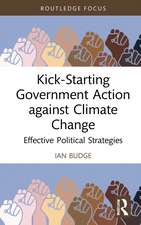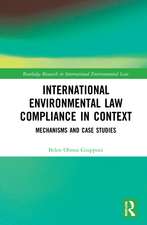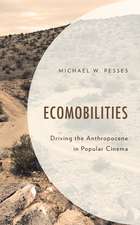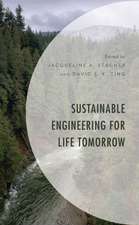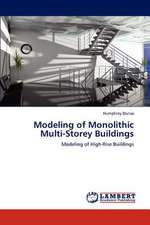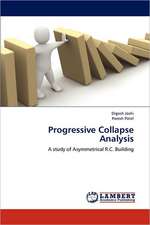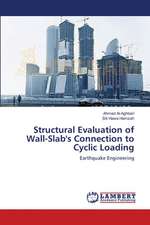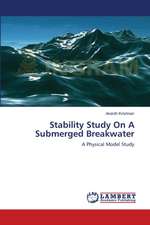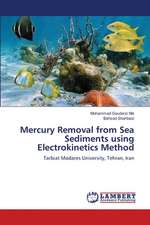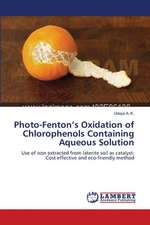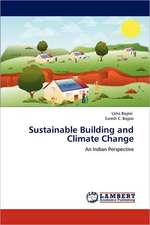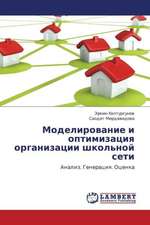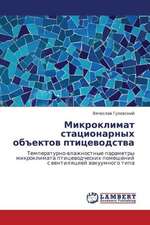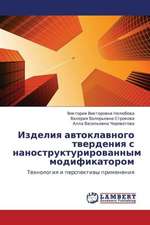Waste as a Resource: Issues in Environmental Science and Technology, cartea 37
en Limba Engleză Hardback – 10 iul 2013
Din seria Issues in Environmental Science and Technology
- 8%
 Preț: 496.77 lei
Preț: 496.77 lei - 14%
 Preț: 1529.44 lei
Preț: 1529.44 lei - 11%
 Preț: 554.38 lei
Preț: 554.38 lei - 14%
 Preț: 1800.05 lei
Preț: 1800.05 lei - 11%
 Preț: 552.10 lei
Preț: 552.10 lei - 11%
 Preț: 560.72 lei
Preț: 560.72 lei - 11%
 Preț: 568.85 lei
Preț: 568.85 lei - 11%
 Preț: 571.65 lei
Preț: 571.65 lei - 27%
 Preț: 1430.78 lei
Preț: 1430.78 lei - 14%
 Preț: 1320.87 lei
Preț: 1320.87 lei - 11%
 Preț: 534.58 lei
Preț: 534.58 lei - 11%
 Preț: 560.49 lei
Preț: 560.49 lei - 11%
 Preț: 557.93 lei
Preț: 557.93 lei - 11%
 Preț: 556.57 lei
Preț: 556.57 lei - 11%
 Preț: 557.26 lei
Preț: 557.26 lei - 11%
 Preț: 560.66 lei
Preț: 560.66 lei - 11%
 Preț: 562.37 lei
Preț: 562.37 lei - 11%
 Preț: 570.55 lei
Preț: 570.55 lei -
 Preț: 328.95 lei
Preț: 328.95 lei -
 Preț: 283.09 lei
Preț: 283.09 lei - 5%
 Preț: 266.92 lei
Preț: 266.92 lei - 5%
 Preț: 309.76 lei
Preț: 309.76 lei -
 Preț: 313.19 lei
Preț: 313.19 lei -
 Preț: 273.93 lei
Preț: 273.93 lei -
 Preț: 283.09 lei
Preț: 283.09 lei -
 Preț: 232.42 lei
Preț: 232.42 lei -
 Preț: 214.20 lei
Preț: 214.20 lei - 5%
 Preț: 265.84 lei
Preț: 265.84 lei -
 Preț: 414.04 lei
Preț: 414.04 lei -
 Preț: 326.61 lei
Preț: 326.61 lei -
 Preț: 259.25 lei
Preț: 259.25 lei -
 Preț: 214.59 lei
Preț: 214.59 lei -
 Preț: 283.86 lei
Preț: 283.86 lei - 5%
 Preț: 395.36 lei
Preț: 395.36 lei -
 Preț: 328.15 lei
Preț: 328.15 lei -
 Preț: 322.20 lei
Preț: 322.20 lei -
 Preț: 323.74 lei
Preț: 323.74 lei - 11%
 Preț: 558.96 lei
Preț: 558.96 lei -
 Preț: 210.34 lei
Preț: 210.34 lei - 11%
 Preț: 486.60 lei
Preț: 486.60 lei - 11%
 Preț: 488.15 lei
Preț: 488.15 lei - 5%
 Preț: 520.14 lei
Preț: 520.14 lei - 11%
 Preț: 496.19 lei
Preț: 496.19 lei - 11%
 Preț: 489.85 lei
Preț: 489.85 lei - 11%
 Preț: 497.55 lei
Preț: 497.55 lei - 11%
 Preț: 488.99 lei
Preț: 488.99 lei - 11%
 Preț: 497.55 lei
Preț: 497.55 lei - 11%
 Preț: 489.51 lei
Preț: 489.51 lei - 11%
 Preț: 490.00 lei
Preț: 490.00 lei
Preț: 556.71 lei
Preț vechi: 625.52 lei
-11% Nou
106.56€ • 115.79$ • 89.57£
Carte disponibilă
Livrare economică 31 martie-14 aprilie
Specificații
ISBN-10: 1849736685
Pagini: 234
Ilustrații: illustrations
Dimensiuni: 163 x 241 x 21 mm
Greutate: 0.58 kg
Editura: Royal Society Of Chemistry
Seria Issues in Environmental Science and Technology
Notă biografică
Cuprins
Textul de pe ultima copertă
The volume of waste produced by human activity continues to grow, but steps are being taken to mitigate this problem by viewing waste as a resource. Recovering a proportion of waste for re-use immediately reduces the volume of landfill. Furthermore, the scarcity of some elements (such as phosphorous and the rare-earth metals) increases the need for their recovery from waste streams.
This volume of Issues in Environmental Science and Technology examines the potential resource available from several waste streams, both domestic and industrial. Opportunities for exploiting waste are discussed, along with their environmental and economic considerations. Landfill remains an unavoidable solution in some circumstances, and the current situation regarding this is also presented. Other chapters focus on mine waste, the recovery of fertilisers, and the growing potential for compost.
In keeping with the Issues series, this volume is written with a broad audience in mind. University students and active researches in the field will appreciate the latest research and discussion, while policy makers and members of NGOs will benefit from the wealth of information presented.
